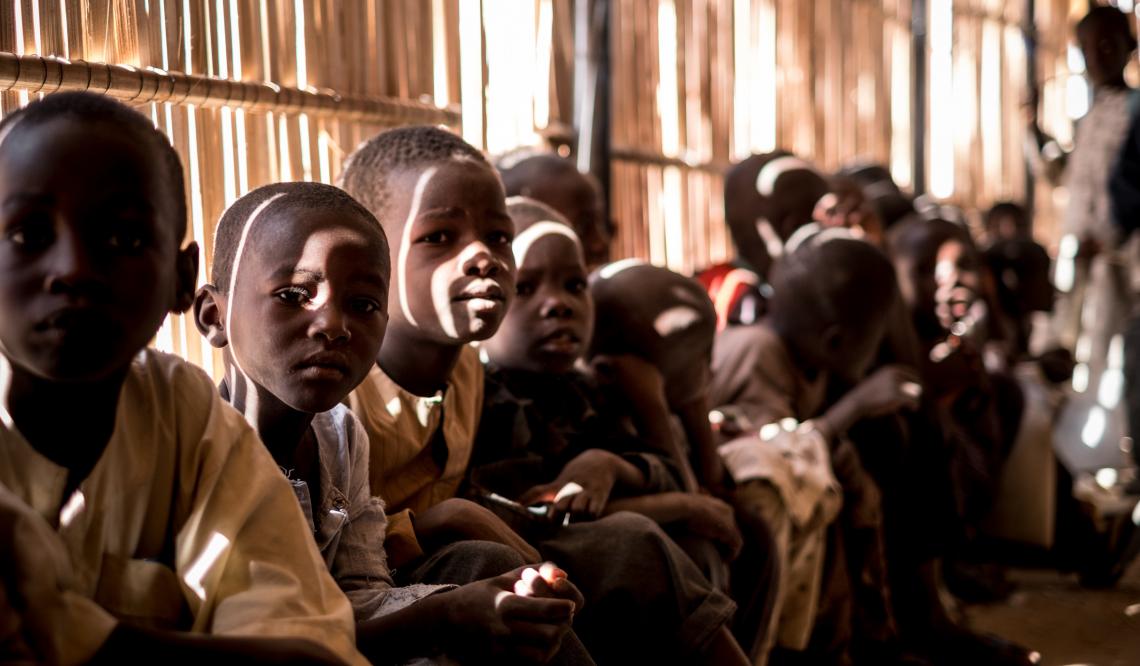FG must support low-cost schools to solve out-of-school children problem – AFED
The National President of the Association for Formidable Education Development (AFED), Orji Kanu Emmanuel, has called on the federal government to support low-cost private schools in order to reduce the high number of Out-of-School children in Nigeria. Emmanuel who spoke on the sideline of the AFED 2022 African Education Conference in Abuja with the theme: […]

The National President of the Association for Formidable Education Development (AFED), Orji Kanu Emmanuel, has called on the federal government to support low-cost private schools in order to reduce the high number of Out-of-School children in Nigeria.
Emmanuel who spoke on the sideline of the AFED 2022 African Education Conference in Abuja with the theme: Tracking the out-of-school children, quoted the United Nations as summing the number of out-of-school children in Nigeria at 15 million.
- Running mate: Wike understands it has to be one person at a time – Okowa
- Atiku has answers to Nigeria’s challenges – Okowa
“What must be done going forward is for [federal] government to have a policy that will support low-cost private schools because it’s been seen as a solution.
“This is working in Kenya, it’s working even in Ghana, it’s working in Nigeria here.
“In Lagos for instance, over 8000 low-cost schools are recognised by the Lagos State Government and given special status.
“When we checked what we are doing, about a million children are already in our school in Lagos alone,” he said.
He said most of the children in the low-cost schools are learning better than those attending expensive schools, stressing the importance of looking into how to harness the potential to bring more children to school.
Also speaking, Mrs Bukola Ladoja, President of Reading Awareness Society for Development in Africa (RASDA), said; “tracking of out-of-school children is not about knowing the number but it is about what will make them stay in school.”
She said lack of comprehension in school was the major reason the children were staying away from school.
“If I go to school today, I can’t understand what they are saying, tomorrow I go, one week, two weeks, one month, two months and going, I will get discouraged and the next thing is that I will go and look for an alternative.
“That is the major reason these children are out of school. It’s not about poverty because a lot of people, even decades ago, went to school in poverty. They were children of poor people and they were comprehending what they were teaching them then.
“But now, there is a gap. The children can’t understand, they can’t comprehend. So, that is why we are tracking this thing,” the former first lady of Oyo State said.
She said from her research, that tracking will help the children to comprehend, saying they needed to be separated.
“In every school, let the school authority be able to track. Tracking means separating those very fast ones, putting them together, separating those that are very slow together, putting them in a class and teaching them through other techniques.”
